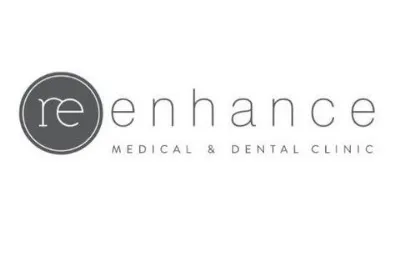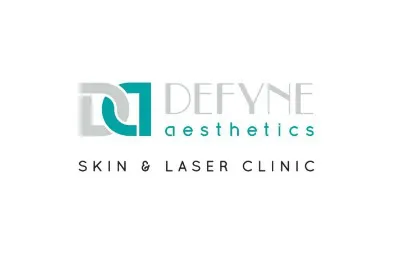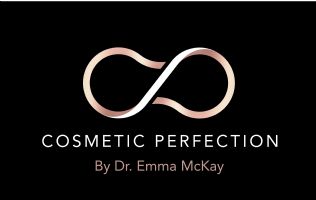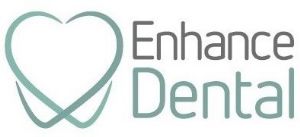Your dentist should examine your teeth to assess your suitability for a tooth whitening procedure. He should also talk to you about whether this is going to be successful on your teeth.
Different whitening procedures are available, with both home-based treatments and in surgery procedures as options. You would normally be advised, however, to have a visit to a dental hygienist to remove plaque and tartar before beginning whitening treatment.
At home bleaching
Home bleaching is the most popular way to lighten your teeth. Your dentist will take a mould of your teeth before treatment. This mould is sent to a laboratory, where a cast is made. From this cast a small soft plastic tray is created that gently fits over your teeth. Your dentist will then show you how to place bleaching gel inside the tray. Depending on the bleaching agent recommended by your dentist, you wear the tray for a few hours each day, or possibly overnight for a week to ten days. These trays are very comfortable and easy to get used to. You will probably notice your teeth starting to get whiter immediately, but to achieve the long-lasting effect and the degree of whiteness that you desire may take up to 3 – 4 weeks.
Usually, you will be returning to the dental team for regular visits to review your progress and monitor the response of your teeth to the bleaching process and any side effects that you may have had.
As home whitening is a gradual process, you have more control over this treatment and can stop when the degree of whitening that you require is achieved.
Repeat bleaching every 6 months to a year may be required to maintain your new brighter smile.
In-surgery bleaching
This is a quicker way of achieving tooth whitening, although you have less control than in the above method over how white your teeth become. Depending on the technique chosen, your dentist may use a special shield to protect your gums. A more concentrated bleaching agent than that used in home kits is then usually applied to your teeth, and this works after it is exposed to a special light source which helps to speed up the bleaching process. Individual teeth can be targeted using this method, or the whole mouth can be treated. This procedure can take from 15 minutes to over an hour, depending on the number of teeth requiring treatment.
Repeat treatments may be required to achieve the overall whitening effect that you desire, and repeat bleaching every year or so may be needed to maintain your new brighter smile.





